- Faculty of Engineering
- Department of Electronics and Computer Engineering Department of Electrical Systems Engineering Department of Mechanical Systems Engineering Department of Intelligent Mechanical Engineering Department of Civil and Environmental Engineering Department of Architectural Engineering
- Faculty of Applied Information Science
- Department of Computer Science Department of Information and Communication Department of Information Systems and Management
- Faculty of Environmental Studies
- Department of Architectural Design Department of Global Environment Studies
- Faculty of Life Sciences
- Department of Clinical Engineering Department of Food Sciences and Biotechnology
- Graduate School
- Major in Intelligent Structure and Functional Science Major in Electrical and Electronic Engineering Major in Mechanical Systems Engineering Major in Civil and Architectural Engineering Major in Information Systems Science Major in Environmental Studies Major in Biological and Biomedical Engineering
Faculty of Applied Information Science
Department of Computer Science
- Department Introduction
- Education and Research Areas
- Subject Introduction
- Curriculum
- Careers and Further Study
- Department Introduction MOVIE
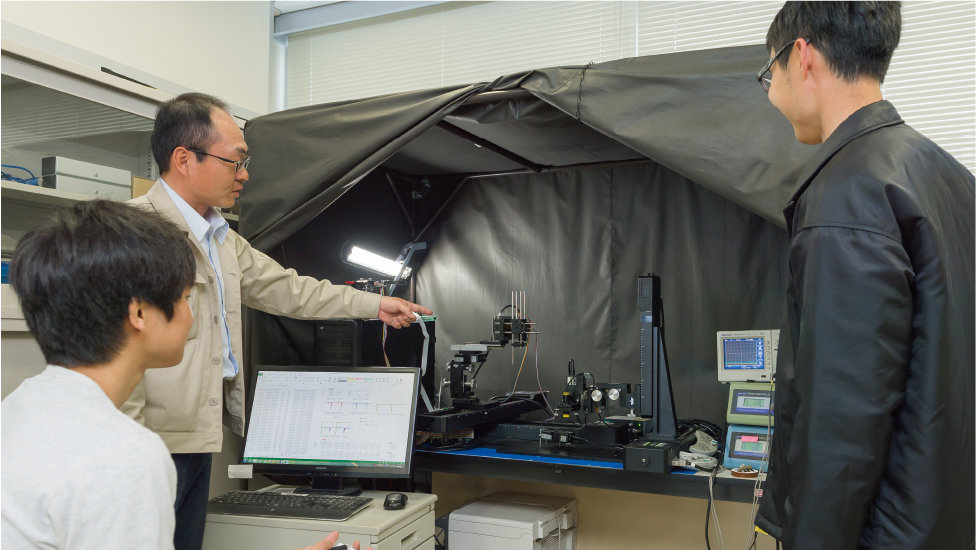
Producing information engineers who facilitate ongoing innovation in our information society.
Socio-economic activity in the modern age is built upon a foundation of ever-innovating information and communications technology. In the Department of Computer Science, students focus on the three fundamental areas of “Computers,” “Interfaces” and “Networks” and build upon this with more specialized knowledge and skills, such as in the current hot-topic area of essential AI technology and the evolving field of IoT technology applications.
Education and Research Areas
-
Computers
Students will learn about computer architecture and operating systems in the context of receiving a basic grounding in computers. In addition, they will learn about embedded systems, which are the foundation of IoT technology. Beyond this, students will be equipped with knowledge related to digital control, digital systems design and other topics that are likely to be useful when developing actual computer systems.
-
Interfaces
Students will learn about digital signal processing in the context of receiving a basic grounding in signal processing systems. In addition, they will learn about artificial intelligence and voice/image recognition in the context of receiving a basic grounding in the sensing and voice/image/etc. recognition technologies that IoT depends upon. Beyond this, students will receive instruction in interface design in order to equip them with practical application skills required of interface engineers.
-
Networks
Students will learn about network technology, databases, information security and other topics in the context of receiving a basic grounding in information network systems indispensable to IoT engineers. Beyond this, students will be equipped with knowledge related to network programming, network systems design and other topics that are likely to be useful when developing actual network systems.
Subject Introduction
-
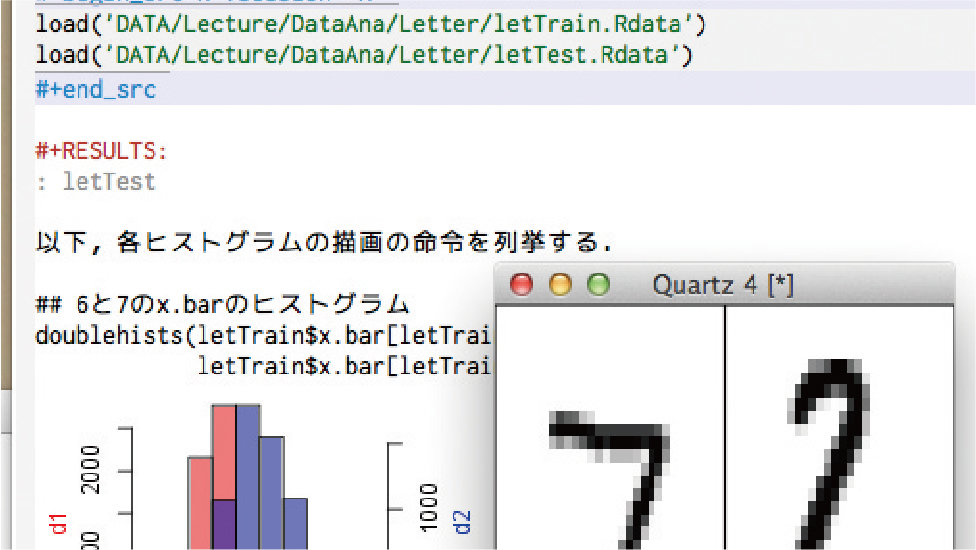
Data Analysis
Technology which uses “explanatory variables” (age, purchasing history, etc.) to estimate “objective variables” (preferences) makes it possible for, among other things, major mail-order sites to recommend books to customers. Course lectures will cover data analysis and implementation methods.
-
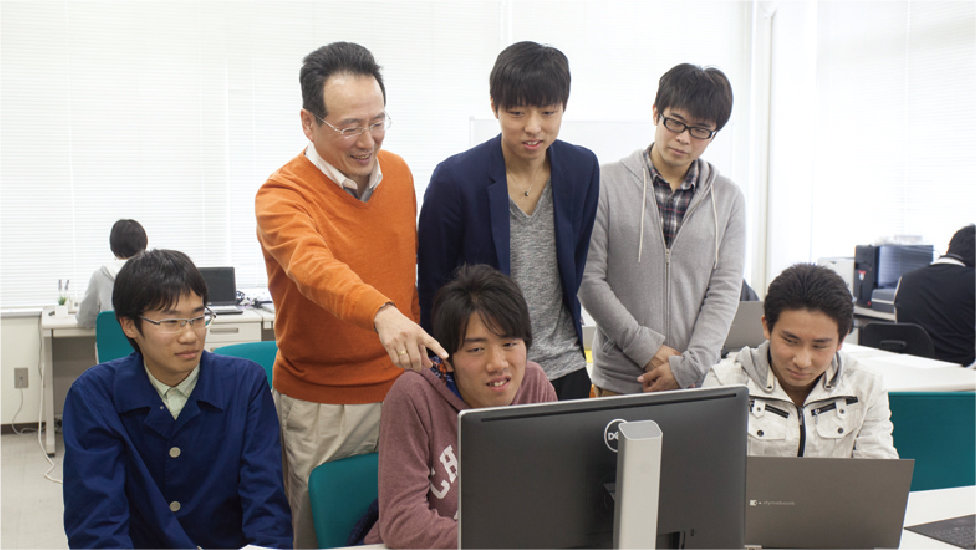
Embedded Systems
Embedded systems are used in home electrical appliances, automobiles, medical devices and a great many other products. Among other topics, students will explore the cutting edge of embedded operating systems, which are the focal point of growing, software-related competition.
-
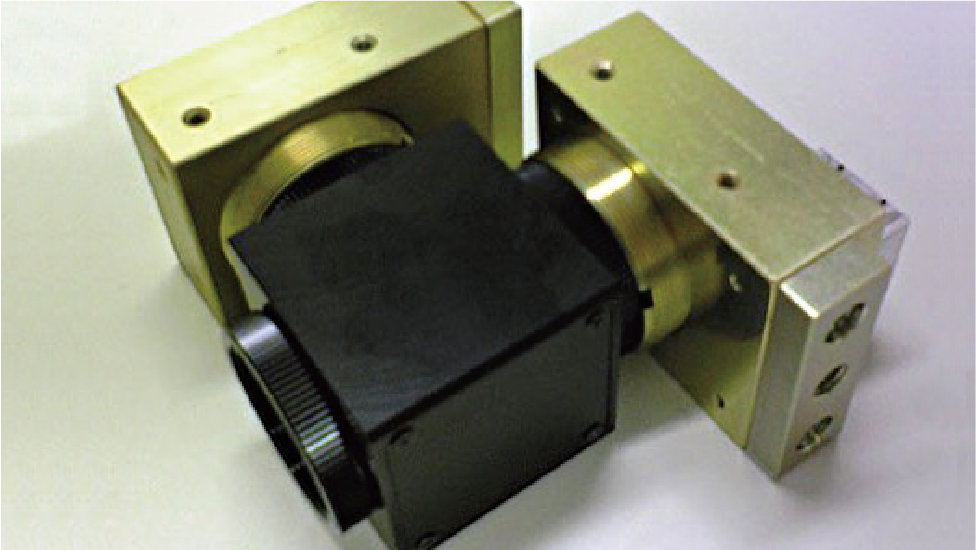
Sensing
The study of IoT applications encompasses a large number of fields, including industry, medicine and agriculture. IoT is fundamentally built upon sensing technology. Course lectures will cover sensing technology-related topics such as the structure of frequently used sensing devices, sensing methods, and data collection and processing methods.
-
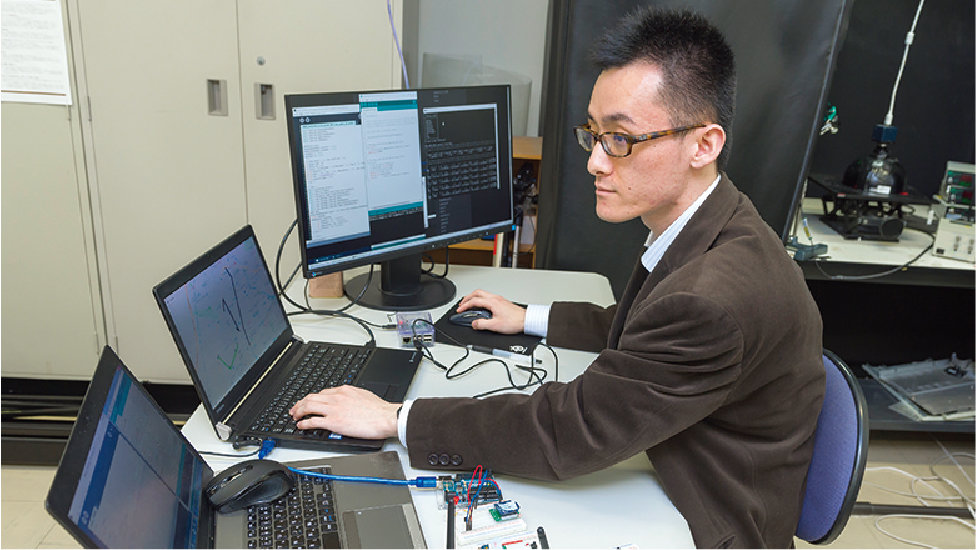
Network System Design
Almost all modern information systems are information communications network-driven network systems. Course lectures will cover network system design and operation and will provide students with a deeper understanding of Web programming, security and other topics.
-
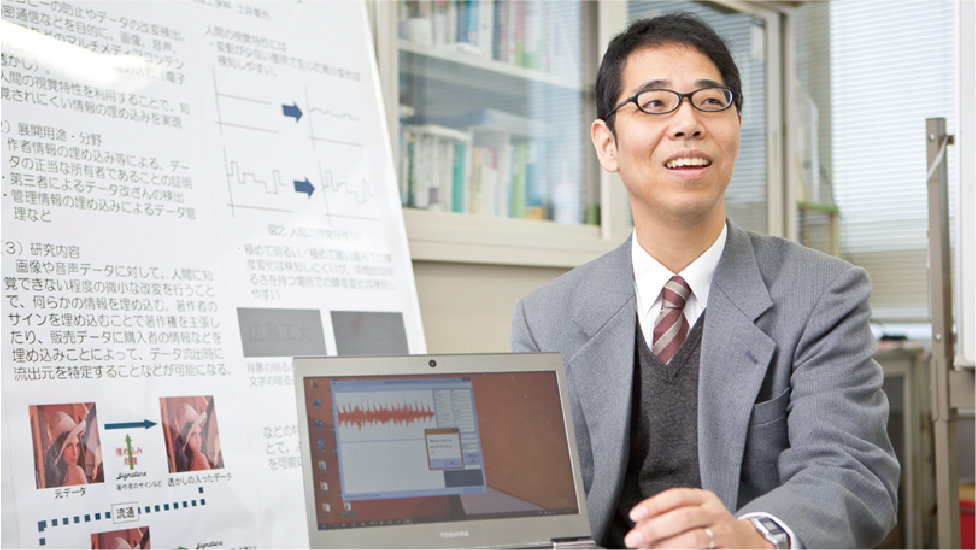
Voice and Image Processing
Video and audio are an important mediating element in the interface between humans and computers. After acquiring a basic understanding of video and audio, students will learn about various processing techniques and technologies, such as video and audio quality transform processing (e.g., filter processing) and video and audio synthesis.
Curriculum
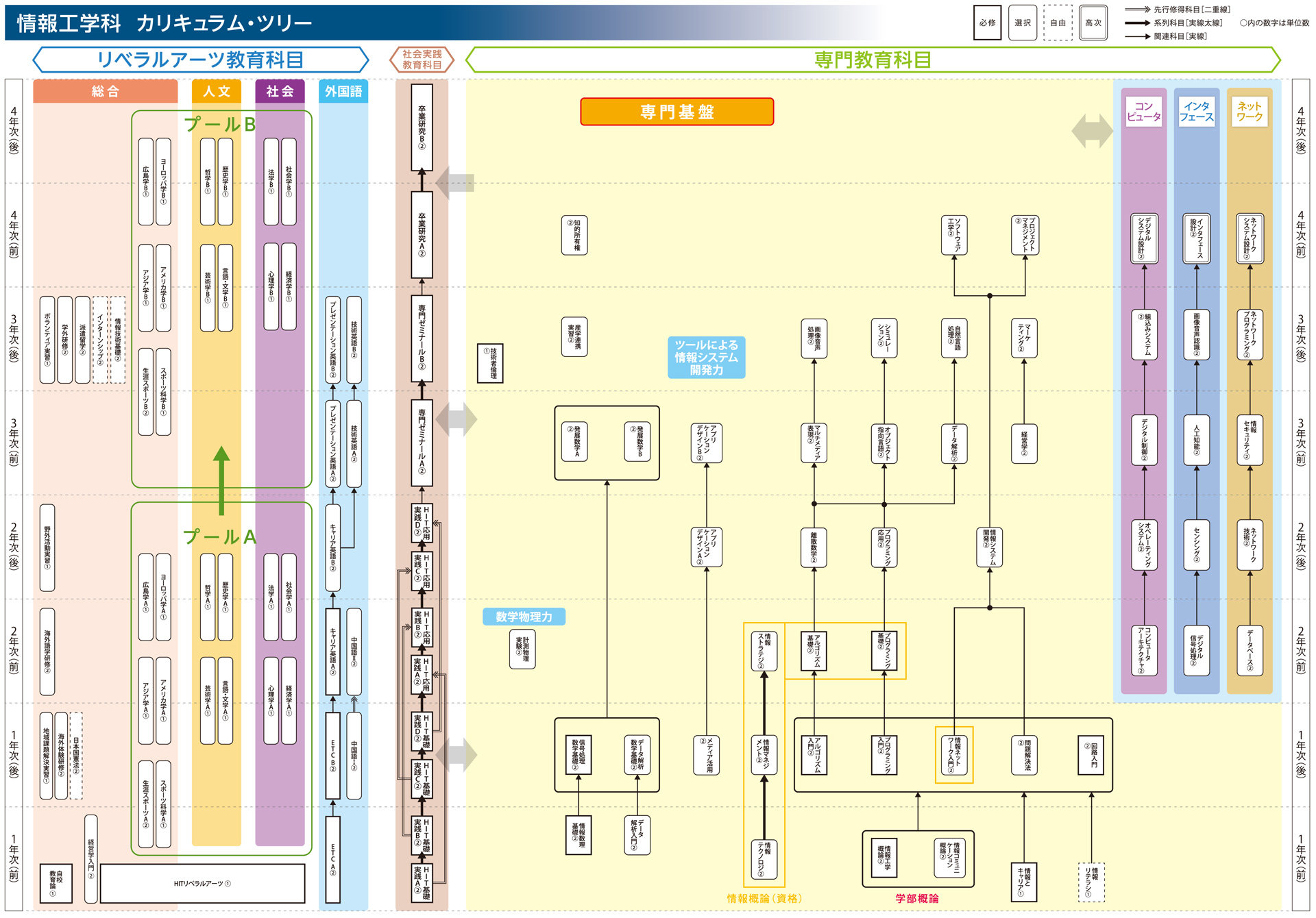
Japanese only






